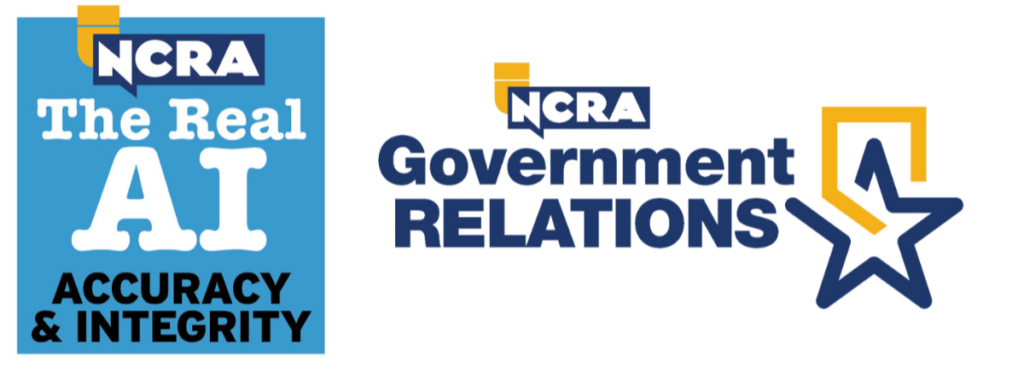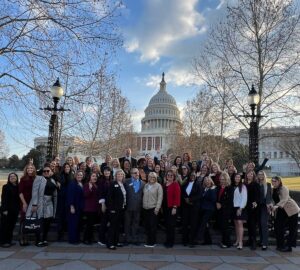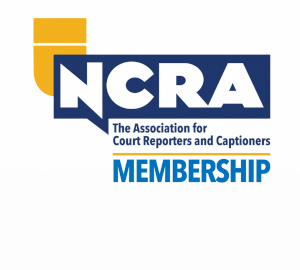Wisconsin members of the National Court Reporters Association are being called to immediate action as four bills affecting judicial integrity move through legislative committees. Assembly Bills 377 and 292, along with their Senate companions SB 357 and SB 295, are currently under review by the Assembly Committee on Science, Technology, and AI, the Senate Committee on Government Operations, Labor and Economic Development, the Assembly Committee on Judiciary, and the Senate Committee on Judiciary and Public Safety.
While they are separate bills, they all have one aim: to replace human court interpreters with artificial intelligence systems.
We recognize the potential capability of AI, but it is simply ill-suited to meet the demands of accurate, reliable interpretation in a courtroom setting when it comes to court reporting. Further, the rigorous training and certification process court reporters go through cannot be matched by an emerging technology that is well known to make mistakes.
NCRA members are encouraged to contact the committee directly using clerk emails available on each committee’s page and to personalize provided draft letters with their own professional experiences demonstrating the importance of accurate court reporting to Wisconsin’s justice system.
NCRA’s Government Relations Department is urging members in Wisconsin to write or email their legislators immediately, attend upcoming hearings when scheduled, and emphasize how these bills could impact court reporting standards and the integrity of legal records throughout the state.
“Wisconsin members must act now while these bills are in committee, as this is the critical window when individual constituent voices have the greatest impact on legislators’ decisions,” said NCRA State Government Relations Manager Colin Brehm. “Court reporters nationwide should monitor this closely; what happens in Wisconsin could set a precedent that influences similar legislation in other states.”
Members can stay informed by subscribing to automatic email updates through the “Notify” feature on each committee page, which sends alerts whenever action is taken on the proposals.
Nov. 20, 2025 update: Please see the below note provided by Wisconsin Court Reporters Association President Michelle M. Gudex, RDR, CRR, CRC, CRI
| On behalf of the Wisconsin Court Reporters Association, I would like to make a clarification regarding the pending legislation in Wisconsin. Most importantly, the proposed bills are related to court interpreters, not court reporters. As court reporters, we fully understand the challenges and inaccuracies that AI could bring to the courtroom in terms of fairness, justice, and due process. This is why we urged our members to contact their legislators to support the continued use of human interpreters in the court system, who are trained and certified. Our draft letter can currently be found on our Facebook page. |









